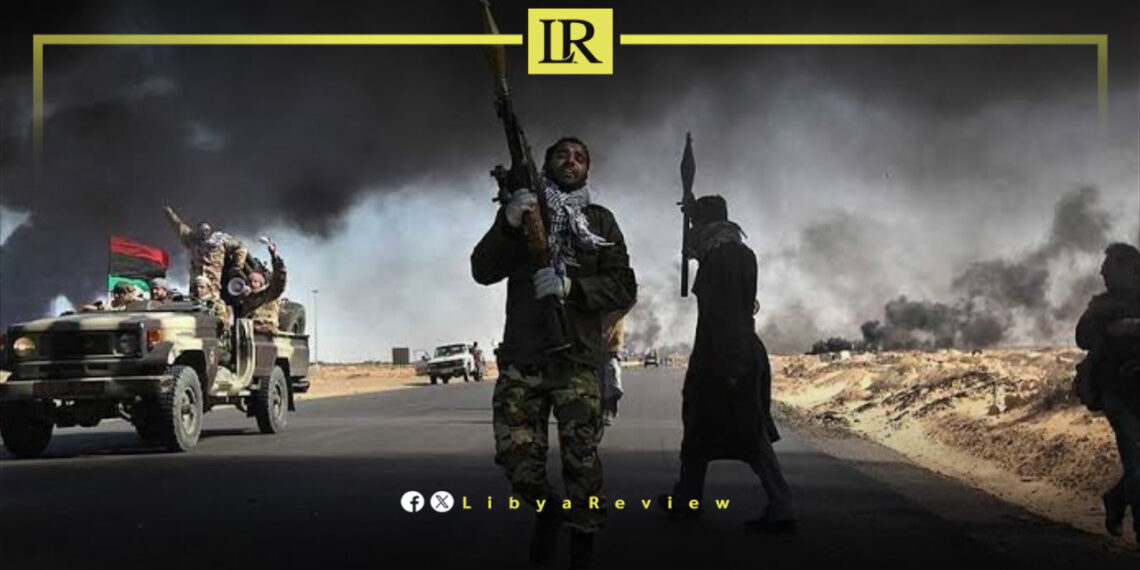An Italian parliamentary report has shed light on Russian activities in Libya, alleging that these actions have transformed the Libyan territory into a center for arms smuggling and supporting local militias. The report also points out the weak control of authorities in Western Libya over irregular migration flows, contrasted by more capable governance in the Eastern region.
The 80-page report issued by the Parliamentary Committee for the Security of the Republic, chaired by Democratic Deputy Lorenzo Guerini, unveils new details. It states, “Libya has become prey to human trafficking, alongside smuggling of fuel, drugs, and weapons,” according to the Italian news agency AnsaMed.
The report attributes this situation partly to the Libyan authorities’ inability to enforce full control over the country, estimating that around 700,000 irregular migrants are currently in Libya. The crisis remains open, especially with the lack of effective control over certain areas.
Furthermore, the report highlights an increasing Russian role in Libya, believed to be using the country as a base for arms smuggling and supporting local militias, including mercenary groups closely linked to the Kremlin.
Increased Russian Influence These activities are seen as part of Russia’s growing influence in several African countries like Mali and Burkina Faso, where Russia is strengthening ties with coup regimes.
Regarding the impact of the Libyan situation on the region, Italian deputies indicate that the African coast has become a vital field for numerous illicit activities.
This comes days after judges at the International Criminal Court announced an investigation into whether Italy’s release of a prominent Libyan security official, wanted for war crimes, constitutes a violation of the court’s foundational system.
Release of Osama Nujaim Last week, Italian Justice Minister Carlo Nordio stated that Rome had to release Osama Al-Masri Nujaim, a suspect in International Criminal Court cases, due to “errors” in the arrest warrant issued against him.
Nujaim was released and flown to Tripoli just two days after his arrest in Northern Italy last month, based on a warrant issued by the court, accusing him of involvement in murder, torture, and rape of detainees in Libya.
The decision to release him sparked angry reactions within Italian political circles, particularly among opposition parties, leading to a legal investigation involving Prime Minister Giorgia Meloni and two ministers, along with a deputy minister.
The proceedings initiated at the International Criminal Court may lead to Rome being referred to the court’s governing body or even to the United Nations Security Council, which could issue a reprimand against it.
A spokesperson for the court mentioned that Italy would have the opportunity to present its case before the judges make a final decision, without specifying a timeline for the process.


